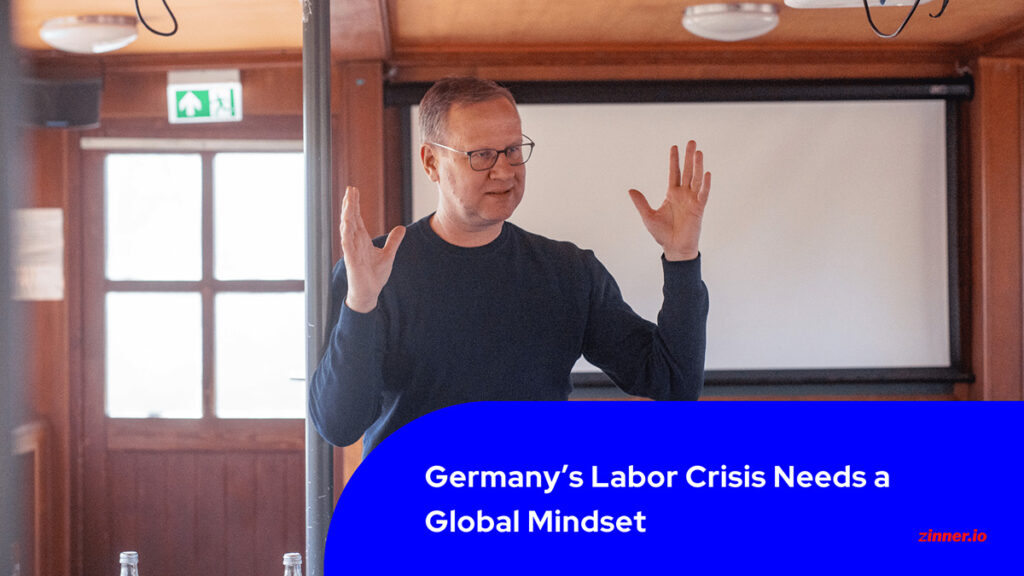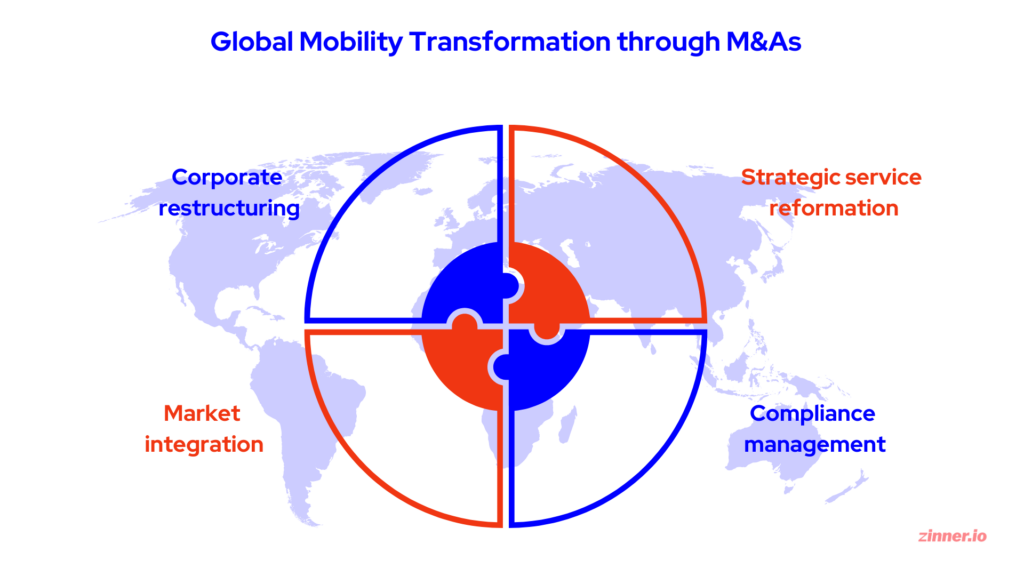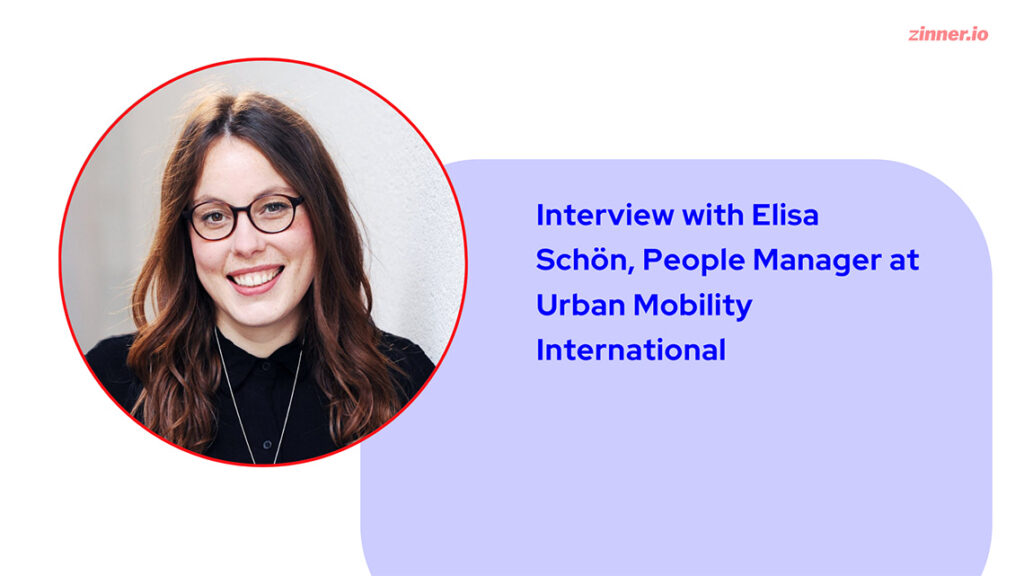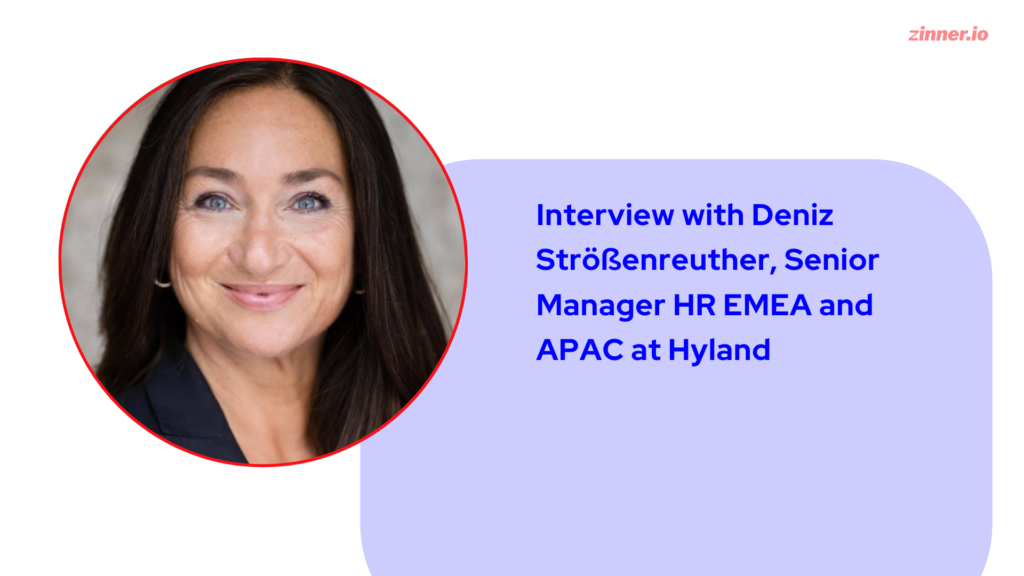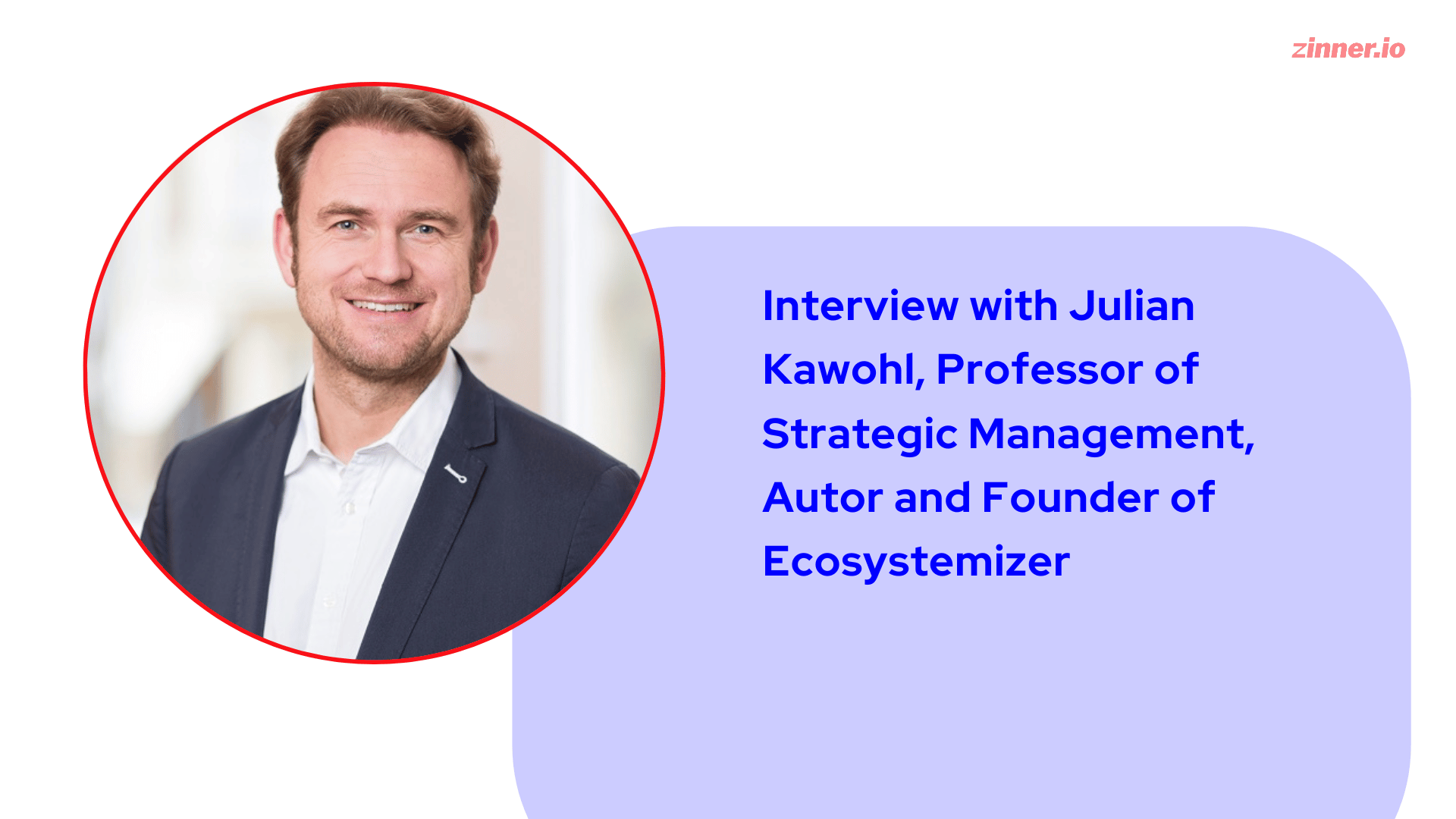
Professor of Strategic Management (University of Applied Sciences, HTW Berlin), Autor and Founder of Ecosystemizer.
I recently got to sit down with Julian Kawohl, a strategist and professor with a rich background in strategic management. During our intriguing conversation, we discussed the blend of ecosystems, internationality and mindset. This interview provides valuable insights into how these components intertwine to shape the future of business and societal landscapes.
Q: Could you share more about yourself and your mission?
I am Julian Kawohl, a professor of strategic management in Berlin with a rich history in the corporate world, notably as the former head of strategy at AXA Germany. My professional journey has transitioned from corporate roles to academia, where my focus is on researching and teaching strategic management with an emphasis on business ecosystems. My mission is to foster ecosystem thinking within the business community, advocating for its necessity not just for success but for survival in a world where connections grow ever more complex.
Q: What is an ecosystem in the business context?
A business ecosystem, in my view, is a dynamic network of interconnected entities working collaboratively to create enhanced value or experiences. This concept, inspired by natural ecosystems, revolves around creating integrated experiences that surpass the capabilities of individual participants. An illustrative example of this in action is the e-mobility sector, where success depends on the collaboration of manufacturers, infrastructure providers, payment services, and government agencies.
Q: How did you become interested in ecosystems?
My fascination with ecosystems originated during my tenure at AXA, where we explored integrating insurance products with smart home technologies. This initiative highlighted the potential of collaborative solutions to address complex challenges, sparking my interest in ecosystem research and leading me to pivot towards academia. My goal has been to bridge the gap in ecosystem management concepts, translating academic insights into practical tools for business application.
Q: Could you provide an example of applying ecosystem thinking?
One practical application of ecosystem thinking is evident in your involvement with the People Mobility Alliance. This initiative exemplifies how diverse stakeholders, including technology providers, HR functions, and also individuals seeking mobility, can come together to create more comprehensive and beneficial solutions. My experience underscores the importance of collaborative efforts in addressing complex challenges and enhancing experiences for all involved.
Q: How important are collaboration and mindset in developing ecosystems?
Collaboration and the right mindset are crucial for nurturing successful ecosystems. I advocate for a global mindset characterised by openness, trust, and a focus on customer-centricity. Businesses must look beyond their immediate interests to consider the broader impact of their actions within the ecosystem, fostering a culture of collaboration that transcends traditional boundaries.
Q: Do you consider the European Union an ecosystem?
While I don’t categorise the European Union itself as an ecosystem, I recognise that certain EU projects embody the principles of ecosystem collaboration. These initiatives facilitate cooperation among member states to achieve common goals, illustrating how ecosystem thinking can extend beyond business to encompass political and governance structures.
Q: What role do you foresee for ecosystems in the future of business?
I envision a future where ecosystem-driven business models dominate, with competition occurring between ecosystems rather than individual companies. This shift necessitates a deeper integration of ecosystem principles across all sectors, emphasising the critical role of collaborative networks in defining the future business landscape.
Q: How will AI impact ecosystems?
I believe AI will significantly enhance ecosystem integration, facilitating the development of more comprehensive and user-centric solutions. This synergy between AI and ecosystems has the potential to redefine business operations, leading to more efficient and effective collaborative efforts across diverse sectors.
Conclusion: Embracing Ecosystem Thinking
Julian Kawohl’s insights underscore the importance of the ecosystem and its collective potential to redefine the fabric of business and society. His perspective serves as a clarion call for the adoption of ecosystem thinking. In a world where connections and networks grow ever more complex, understanding and leveraging these interdependencies is not just an option but a necessity for sustainable success and innovation.
The journey through ecosystem dynamics goes beyond traditional business models. It advocates for a collaborative, open, and customer-centric approach. This new paradigm champions the idea that the future of business will not be dictated by the solitary efforts of individual companies but by the collective agility and innovation of robust ecosystems. As these networks continue to evolve, their impact on global commerce, societal challenges, and environmental sustainability will only amplify. Embracing ecosystem thinking is essential for navigating the intricacies of this interconnected world, where the power of collective action has the potential to address some of the most pressing challenges of our time. The future belongs to those who understand the value of connections, the importance of diversity in collaboration, and the boundless potential of ecosystems to drive forward a more integrated, sustainable, and equitable global community.
Furthermore, integrating a global mindset is crucial in this context. It enhances our ability to see beyond immediate surroundings and consider global impacts, fostering a more holistic understanding of ecosystem dynamics. For deeper insights into developing such a perspective, check the Global Mindset Podcast.

Authors:
Daniel Zinner
International HR expert, entrepreneur, and communications consultant. His expertise lies in HR, strategy, digitalisation and transformation strategy. Daniel is a co-founder of the People Mobility Alliance, an initiative that unites diverse global mobility stakeholders to cultivate a seamless global collaboration.
He is also a speaker and moderator of one of the biggest Global Mobility conferences in Germany.
Julian Kawohl
A professor of Strategic Management at the Berlin University of Applied Sciences (HTW Berlin) and co-founder of Ecosystemizer, a knowledge and advisory platform for business ecosystems.
Author of the management book ‘Ecosystems Your Business’, which includes frameworks, concepts and action guides to approach the topic of Business Ecosystems in an intuitive way.

